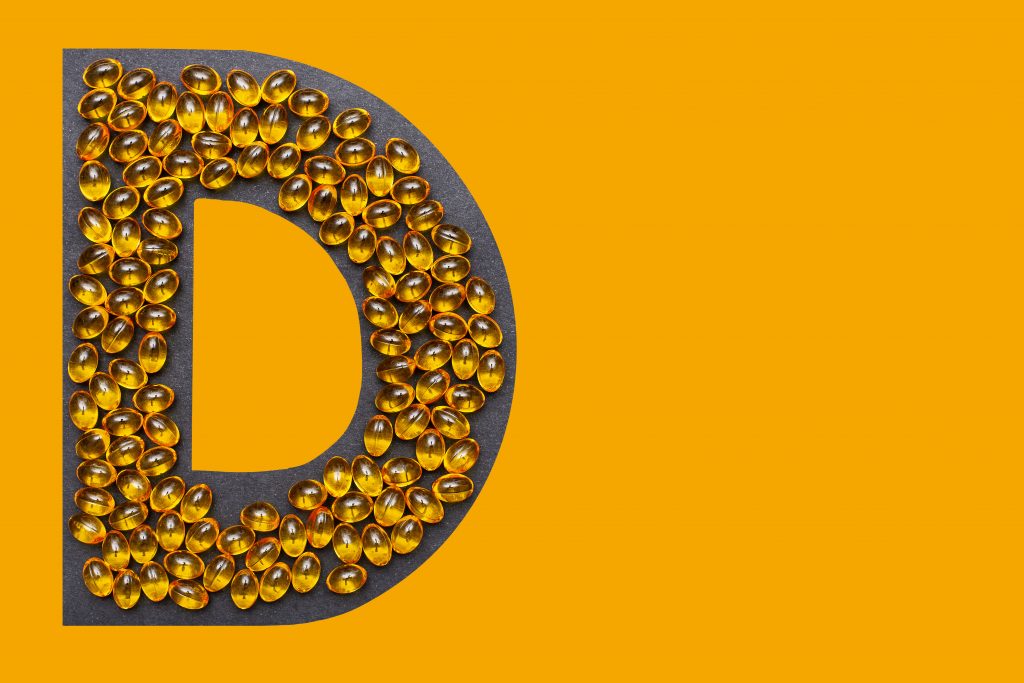Arq. Bras. Cardiol. 2021; 116(5): 979-980
Supplementation of Vitamin D
This Short Editorial is referred by the Research article "Vitamin D Supplementation Induces Cardiac Remodeling in Rats: Association with Thioredoxin-Interacting Protein and Thioredoxin".
Vitamin D (Vit D) is a fat-soluble vitamin that is essential in mineral and bone metabolism. Vit D status is evaluated by measuring serum 25-hydroxyvitamin D [25(OH)D]) levels. Currently, Vit D supplementation is mainly indicated in cases of vitamin deficiency. However, there are two main issues concerning Vit D supplementation. The first is related to the definition of the lower limit of normal for serum 25(OH) D. In recent years, extensive clinical research has revealed that large percentages of global populations have low Vit D levels, i.e., serum [25(OH)D] concentrations below 20 ng/mL. However, several investigators have considered that this value is probably overestimated, therefore putting more people in need for supplementation. Several medical societies are now intensively debating on when to screen for Vit D deficiency and when to supplement Vit D.,
The other issue concerning Vit D supplementation relates to the fact that convincing experimental and epidemiological studies have suggested that Vit D deficiency is associated with increased risk of chronic cardiovascular and immunological diseases and cancer. Therefore, Vit D has been supplemented in the general population without a specific indication. However, more recent studies have reported that Vit D supplementation for preventing or controlling chronic diseases such as cancer, diabetes mellitus, dementia or cardiovascular disease has failed to provide benefits.– Furthermore, not only were no benefits found. In advanced heart failure, a daily Vit D supplement was associated with a greater need for mechanical circulatory support devices, which indicates caution regarding long-term supplementation.
[…]
2,467

